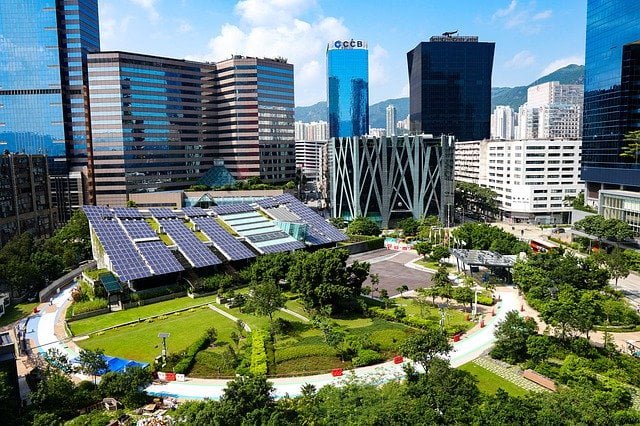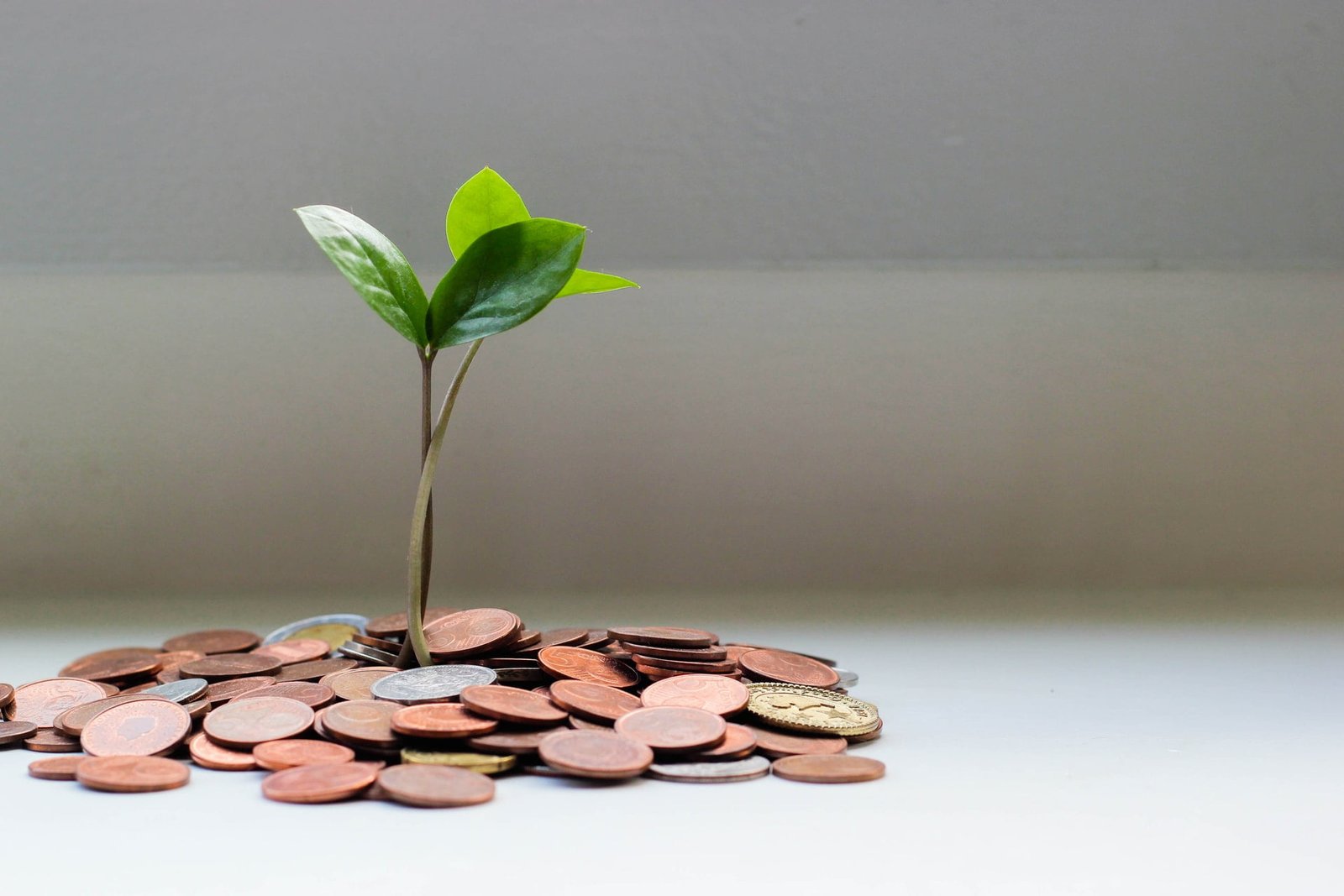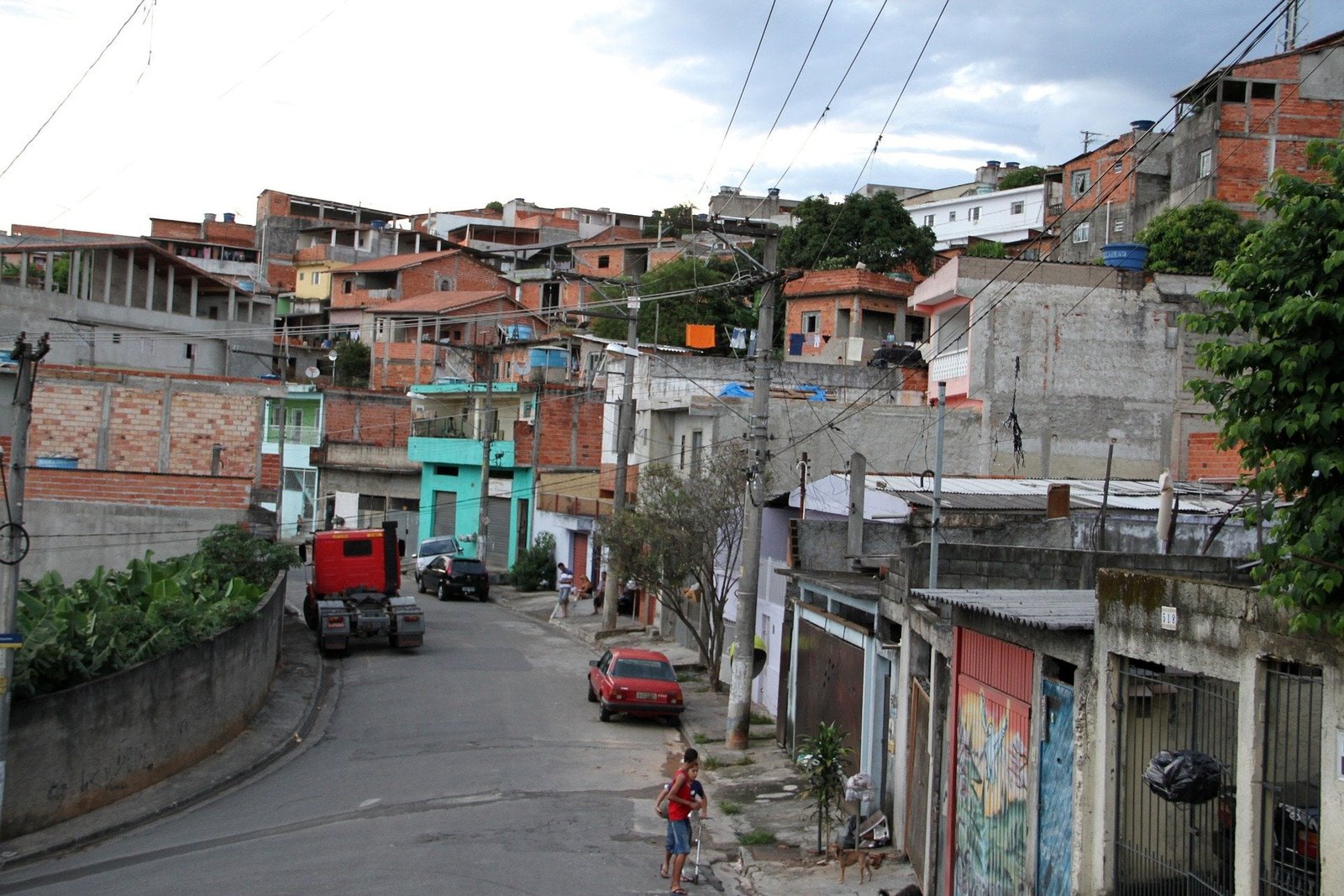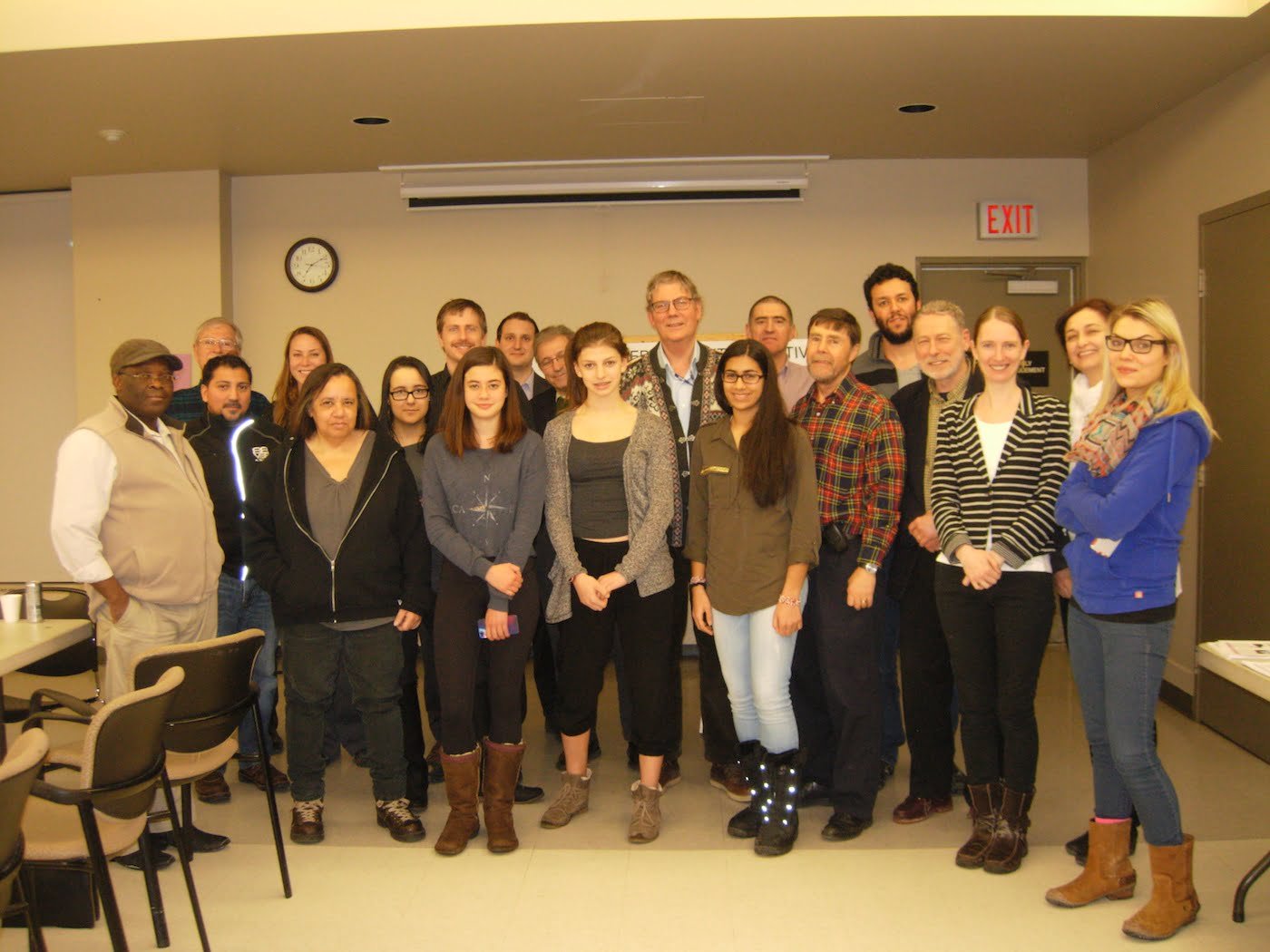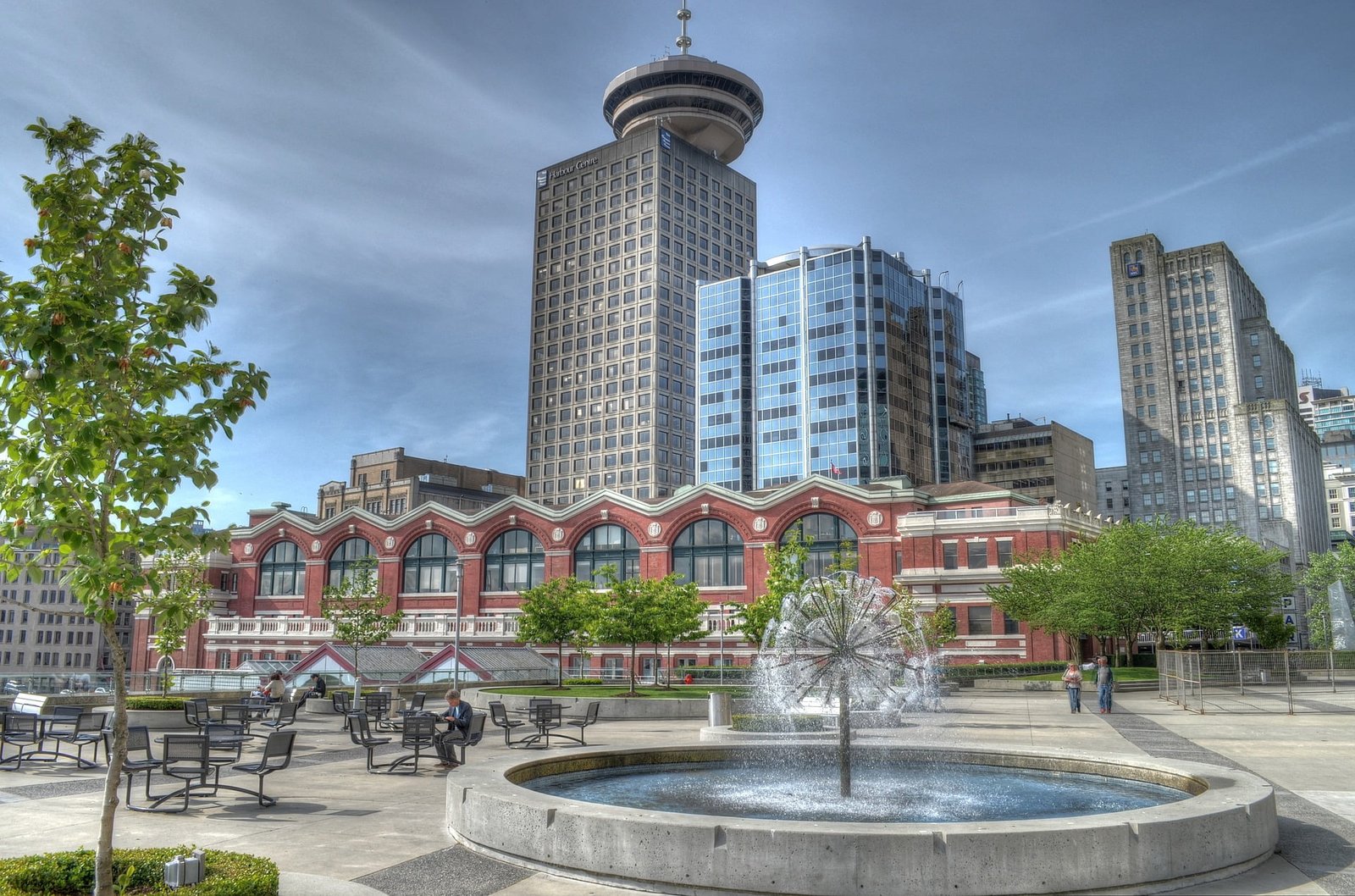Using only the resources we need, and leaving the rest for nature and future generations

Sustainability is using only the resources we need, and leaving the rest for nature and future generations. We must create sustainability now because human activities are harming the Biosphere (sphere of life surrounding our planet) – the home for all plants, animals, and people.
There are dozens of great international sustainability programs. What do they have in common? A reliance on experts. Brilliant people and ideas moving us towards sustainability. But not quickly enough.
A faster way – create a culture of sustainability
Create a culture of sustainability based on human capital – the energy and ideas of people. When that happens, all key sectors – government, business, citizens – will incorporate sustainability in everyday activities.


